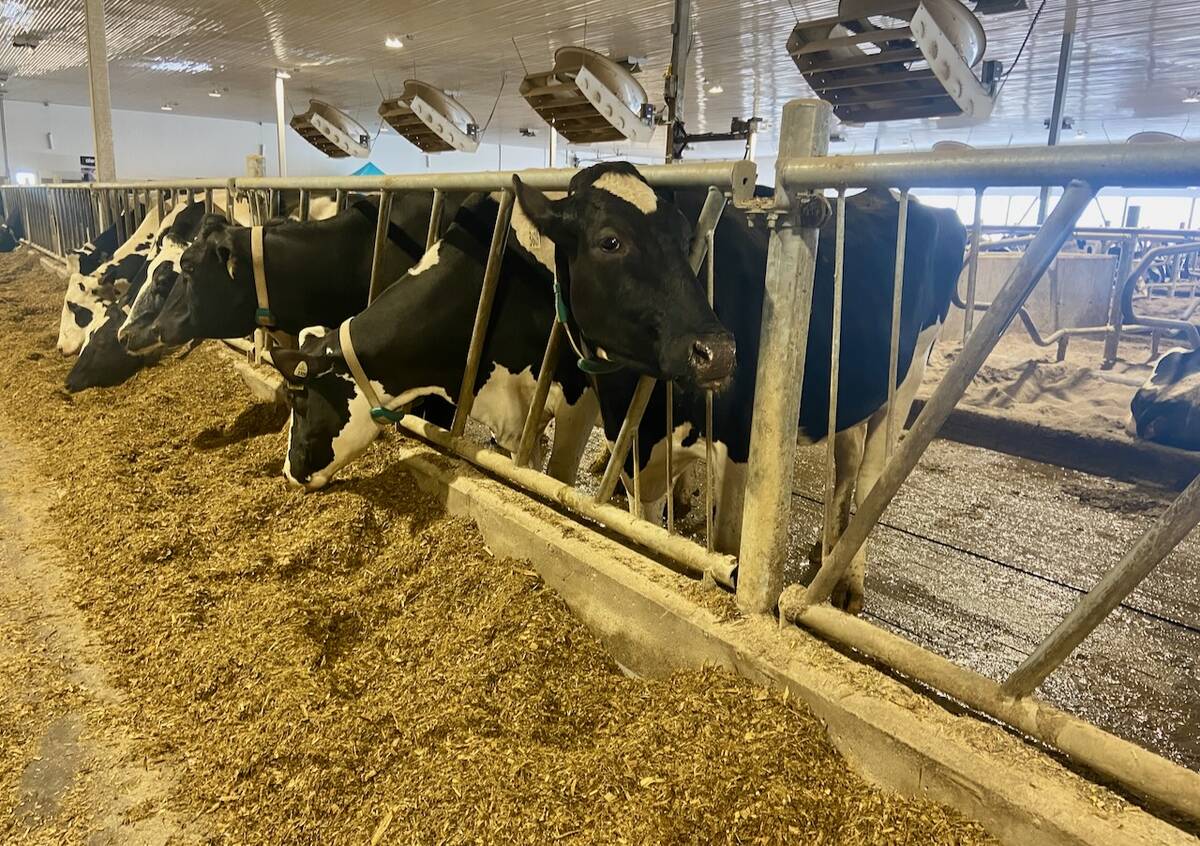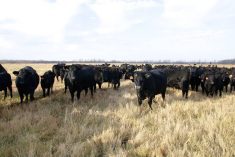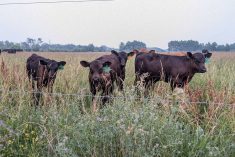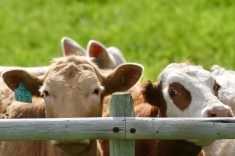CALGARY – Technology and lower tolerance are catching up to those who bend the rules at livestock shows, says an American meat scientist.
Brad Morgan of the University of Oklahoma is part of a team that will educate children, parents, group leaders and agriculture teachers about the ill effects of drugs on livestock and the food chain. While most reject the use of drugs on their show animals, a small number will cross the line in order to win at U.S. livestock shows.
“We’re trying to get the point across whenever you enter an animal in the show ring you are contributing to the meat supply,” he said.
Read Also

U.S. farm group supports supply management
U.S. grassroots farm advocacy group pushing new agriculture legislation that would move towards supply management like Canada has for dairy industry
Muscle builder
The most controversial drug today is clenbuterol, a banned substance in the United States. Legal for use to help breathing in horses in Canada and in Europe, this potent drug injected in small doses can change a steer within 28 days by adding up to 20 percent more muscle mass, said Morgan.
Unlike steroids, the effects of clenbuterol on animals aren’t obvious.
Recently a test was developed by the U.S. department of agriculture that will detect clenbuterol in eyeballs.
Traditional growth promotants which naturally occur in the body and are approved for use in normal animal production programs are allowed in show
animals.
Further rules to stop the cheaters include “slick shearing” of animals where the hair is cut to 1Ú4 of an inch (.6 centimetres) which makes it more difficult to hide or enhance the animal’s body conformation.
The Houston Livestock Show is already implementing this rule.
“You’re going to see more and more shows go that way,” Morgan said.
If they have to go to slick shearing at winter shows like Denver, show officials said they’ll provide blankets to protect animals against the cold.
He will be working with exhibitions in Texas and Oklahoma because of the huge purses paid at steer shows in those states.
“We want everybody to understand that this industry is too valuable to agriculture in the United States for a bunch of people who are just trying to win a steer show to ruin it,” said Morgan.















